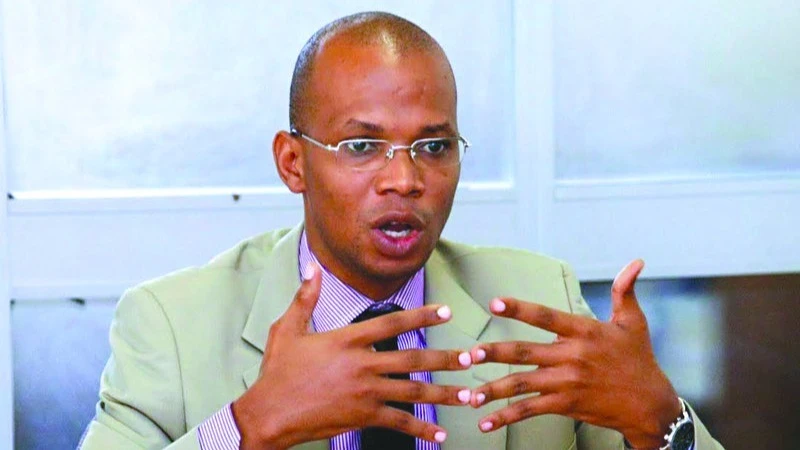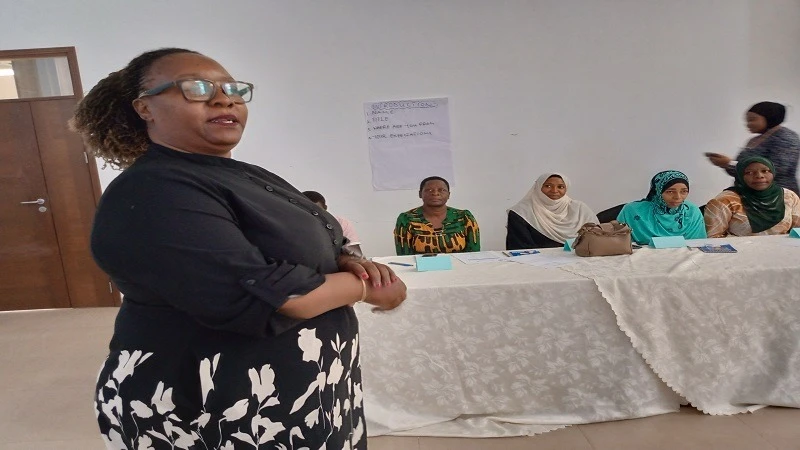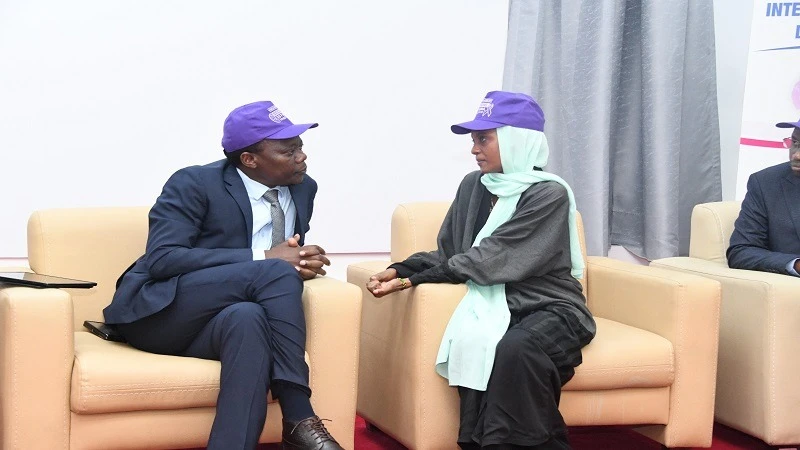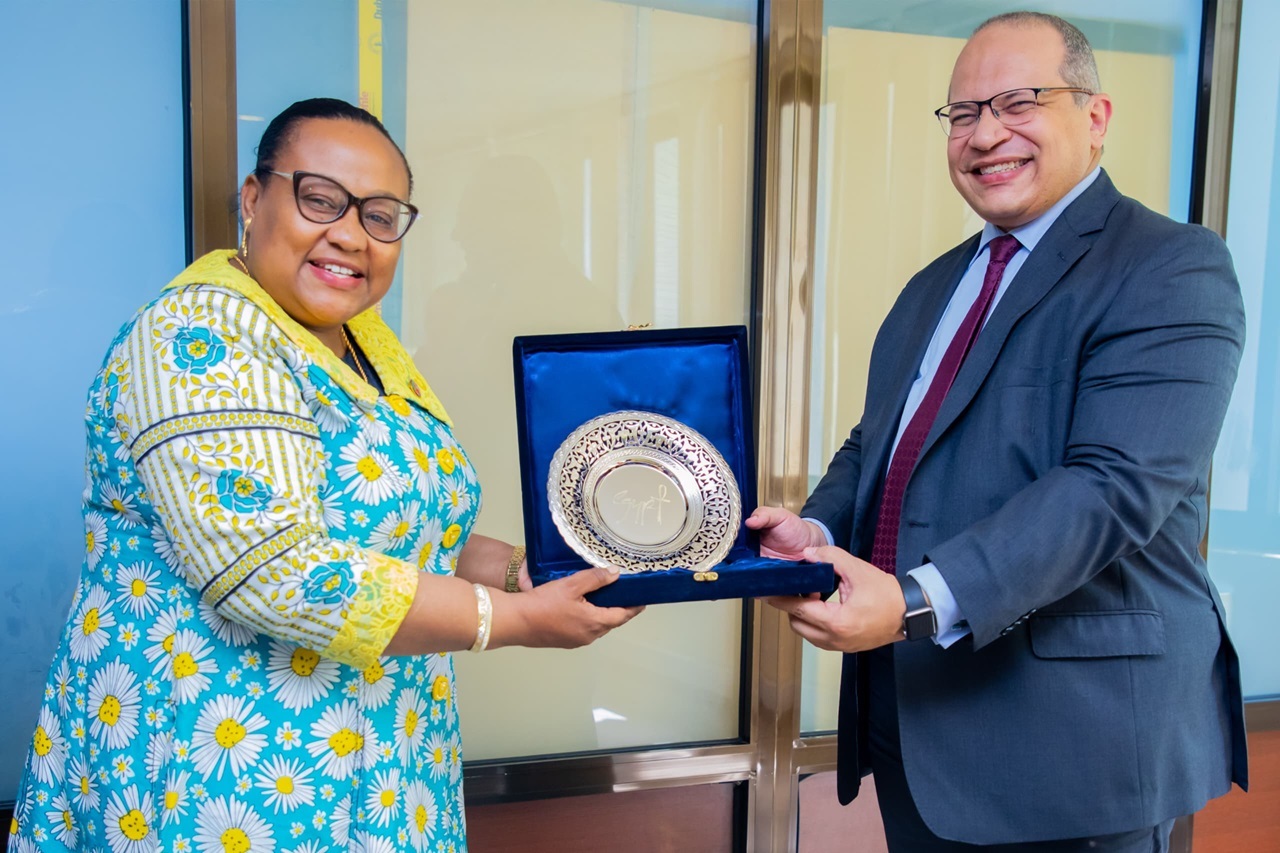Breaking barriers: The struggles and triumph of a 25-year-old Tanzanian epilepsy warrior
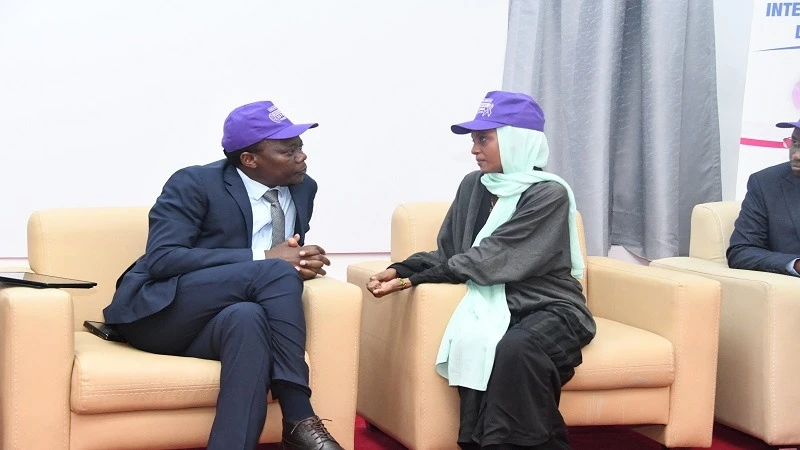
IN May last year, The Guardian spoke with Isrey Ayoub, a 25-year-old epilepsy ambassador in Tanzania. A clinical officer living with epilepsy, Isrey has dedicated her life to raising awareness about the condition, sharing both medical insights and her personal experiences.
At epilepsy conferences, Isrey educates the public on the complexities of the condition, highlighting stigma as a major challenge, alongside difficulties in accessing and completing prescribed treatment.
She has been dismissed from three different jobs due to her condition, reflecting the widespread discrimination epilepsy patients face.
During recent International Epilepsy Day (IED) commemorations in Dar es Salaam, organized by the Tanzania Epilepsy Association (TEA), Deputy Minister of Health Dr Godwin Mollel served as the guest of honour.
IED is a global healthcare event celebrated on the 2nd Monday of February every year since 2015. This year, International Epilepsy Day was observed on February 10th, intending to bring together patients suffering from epilepsy and create a community in which the awareness of its epidemiological profile, the condition, its diagnosis and treatment is discussed.
Epilepsy is a prevalent medical condition affecting patients and caregivers psychologically and emotionally. Of the 650 lakh epilepsy patients distributed worldwide, roughly 80 percent are from developing nations.
This year’s theme was ‘MyEpilepsyJourney’ aiming to encourage individuals to share their personal experiences with epilepsy. By sharing their stories, the initiative aims to raise awareness and foster a deeper understanding of the challenges faced by those living with epilepsy.
TEA President, Prof William Matuja, underscored the challenges epilepsy patients encounter, echoing Isrey’s concerns.
“There is a shortage of specialists, and epilepsy treatment is primarily provided in psychiatric clinics. Given the high number of epilepsy patients, establishing a dedicated epilepsy department would be beneficial,” he stated.
Dr Herieth Hyera, a Lecturer at Muhimbili University of Health and Allied Sciences (MUHAS), shared findings from a TEA study (2022-2024), which revealed that epilepsy is classified among mental disorders, despite 60 percent of cases in psychiatric clinics specifically involving epilepsy.
“In inpatient and outpatient psychiatric clinics, epilepsy patients are the most frequently seen. However, only 0.3 percent of the national health budget is allocated to mental health,” Dr Hyera explained.
She emphasized the lack of social support for epilepsy patients, who often face job dismissals, social isolation, and stigma, even when experiencing seizures in public.
“Psychological support is still limited despite existing medical and surgical treatment guidelines. Recognizing epilepsy as a distinct illness rather than grouping it under mental disorders is crucial,” she added.
Living with epilepsy: Isrey’s journey
Despite the challenges, Isrey has persevered. She successfully retook her national exams at both the O-level and A-level. However, her school years were filled with struggles. While attending a boarding school, she frequently experienced frightening hallucinations and a constant sense of impending danger in quiet areas.
Her medical journey began in 2016 when she was in Form Four. Initially misdiagnosed and subjected to spiritual healing, she was eventually taken to Mirembe National Mental Health Hospital (now the National Mental Health Institute), where she was formally diagnosed with epilepsy.
“For the past seven years, I have been experiencing frequent seizures. I take medication daily—four pills every night—but due to financial constraints, I often have to ration my medication,” Isrey shared.
After completing Form Six, she enrolled at St David College of Health & Allied Sciences in Dar es Salaam, earning a Diploma in clinical medicine. Her dedication to the medical field is a testament to her resilience, even in the face of professional discrimination.
Expert insights
Senior Mental Health Specialist at Muhimbili National Hospital (MNH), Dr. Saidi Kuganda, explained that for epilepsy patients, the duration of unconsciousness during seizures remains relatively consistent.
“Fifty percent of epilepsy patients also experience mental health challenges, such as depression. Lifestyle adjustments, including proper sleeping positions, can help manage the condition. Patients should sleep on their side to prevent complications,” he advised.
Dr Kuganda further noted that epilepsy is rarely hereditary, with most cases resulting from childhood infections or accidents.
Recognizing Isrey’s struggles, Deputy Minister of Health Dr Mollel pledged a one-year supply of medication for her and assistance in securing employment.
“We need greater collaboration between private and public healthcare providers to develop effective epilepsy treatment strategies. Epilepsy has been neglected for too long—we must allocate more resources and raise awareness,” Dr. Mollel emphasized.
The Assistant Director of Non-Communicable Diseases (NCDs) and Mental Health at the Ministry of Health, Dr Omary Ubuguyu, acknowledged the stigma surrounding epilepsy, even among healthcare professionals.
“Some even question why one would choose to specialize in epilepsy within the health sector. We need to eliminate this mind-set through education and awareness,” he said.
Dr Mollel concluded with a call to action: “This stigma is real, and we must eradicate it through public education and targeted healthcare policies.”
Through her advocacy, Isrey continues to challenge misconceptions and push for better epilepsy care in Tanzania. Her story is one of resilience, determination, and hope for a future where epilepsy patients are treated with dignity and respect.
Top Headlines
© 2025 IPPMEDIA.COM. ALL RIGHTS RESERVED













